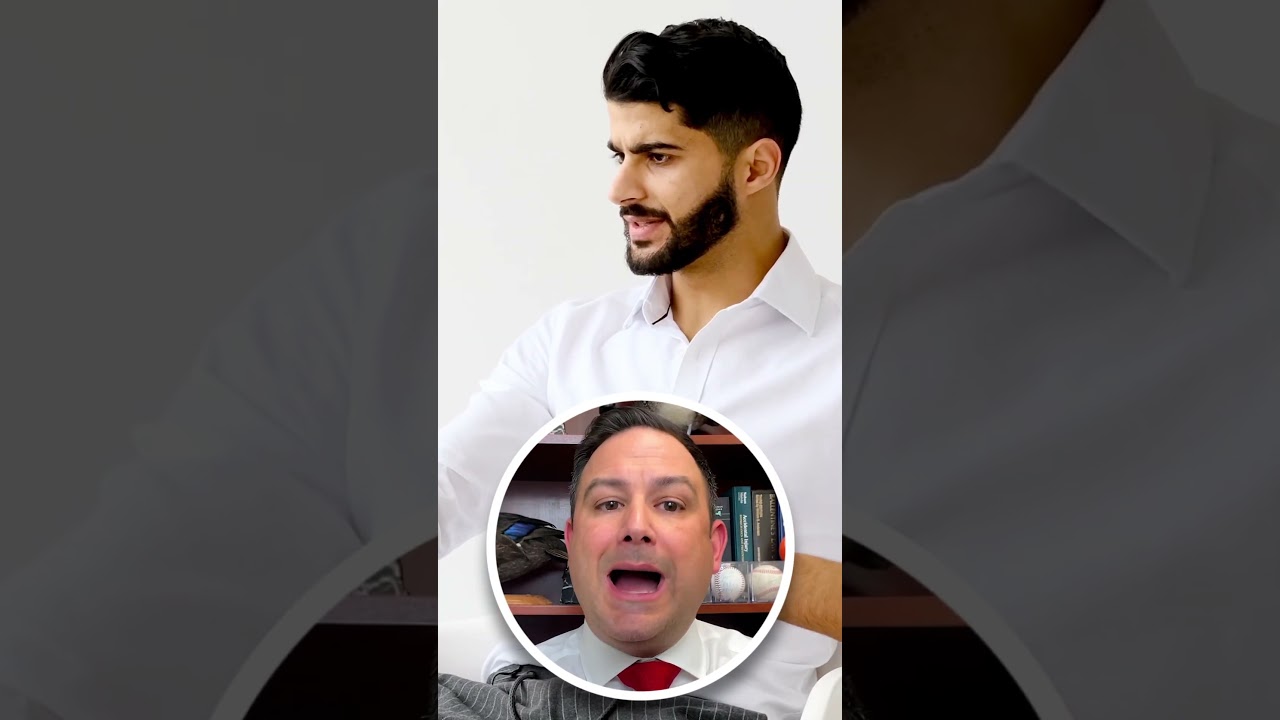A workers’ comp permanency hearing is a crucial event where the future of injured workers hangs in the balance. This compelling legal proceeding determines the extent of permanent impairment resulting from workplace injuries and the subsequent benefits to be awarded. During the hearing, skilled attorneys and medical experts present evidence and arguments, weaving a narrative that advocates for the injured worker’s rights. The atmosphere is intense as testimony is given, medical records are scrutinized, and compensation claims are evaluated meticulously. The elements of suspense and anticipation keep everyone on the edge of their seats, as the fate of the injured worker’s financial stability and quality of life is determined. Every detail matters, and the outcome of the hearing can be life-altering. It is a captivating legal process that delves into the intricate complexities of workers’ compensation law, providing an intriguing glimpse into the intersection of medicine and justice. Whether you are directly involved or simply curious about the inner workings of the legal system, the workers’ comp permanency hearing offers a riveting experience that captures the essence of struggle, resilience, and the pursuit of just compensation.

What Happens at a Workers’ Comp Permanency Hearing
| Stage | Description |
|---|---|
| Opening Statements | Both parties, the injured worker and the employer or insurance company, have an opportunity to present their initial statements outlining the case and their respective positions. |
| Evidence Presentation | The injured worker’s attorney presents medical records, expert testimonies, and other relevant evidence to support their claim for permanent disability benefits. The defense may cross-examine witnesses and present their own evidence to challenge the extent of the permanent impairment. |
| Medical Expert Testimonies | Qualified medical professionals, often hired by both parties, provide expert opinions on the injured worker’s medical condition, prognosis, and the degree of permanent disability. Their testimonies greatly influence the outcome of the hearing. |
| Witness Testimonies | Testimonies from coworkers, supervisors, and other individuals who can provide insight into the injured worker’s daily activities, work restrictions, and the impact of the injury on their ability to perform job-related tasks. |
| Cross-Examination | Both sides have the opportunity to cross-examine witnesses to challenge credibility, accuracy, or any inconsistencies in their statements or medical opinions. |
| Closing Statements | Attorneys for both parties summarize the evidence presented and restate their positions, emphasizing the arguments that support their client’s claim or defense. |
| Deliberation and Decision | The presiding judge or panel reviews all the evidence, testimonies, and legal arguments before issuing a decision regarding the extent of permanent disability benefits the injured worker is entitled to receive. |
| Appeals Process | If either party disagrees with the decision, they may have the option to file an appeal within a specified timeframe, initiating further legal proceedings before a higher court or administrative body. |
Win Your Workers Comp Case with a Virtual Hearing!
What Happens at a Workers’ Comp Permanency Hearing?
Workers’ compensation claims can be complex and challenging to navigate. If you’ve been injured on the job and are seeking compensation for your injuries, you may find yourself attending a workers’ comp permanency hearing. This hearing is a crucial step in determining the extent of your injuries and the compensation you may be entitled to. Here’s what you can expect at a workers’ comp permanency hearing.
Gathering Medical Evidence
Before the permanency hearing, both parties involved – the injured worker and the employer’s insurance company – will gather medical evidence to support their case. This evidence includes medical records, diagnostic test results, and expert opinions from healthcare professionals. Thoroughly preparing and presenting this evidence is crucial to establish the extent of your injuries and their impact on your ability to work.
Presenting Your Case
During the permanency hearing, you and your workers’ compensation lawyer will present your case to the administrative law judge (ALJ). Your lawyer will argue that your injuries should be classified as permanent and that you deserve compensation for the long-term effects of your injuries. Compellingly presenting your case is essential to ensure that the judge fully understands the impact of your injuries on your life and livelihood.
Expert Testimony
Expert witnesses often play a crucial role in workers’ comp permanency hearings. These experts, often medical professionals or vocational rehabilitation specialists, provide testimony regarding the extent of your injuries and their implications for your ability to work. They may explain the long-term effects of your injuries and the limitations they impose on your daily life and employment prospects. Expert testimony can significantly influence the outcome of your case, so it’s important to carefully select and prepare these witnesses.
Deliberation and Decision
After both parties have presented their cases and all evidence has been reviewed, the ALJ will deliberate and make a decision. The judge will consider all the evidence and testimony presented, as well as any applicable workers’ compensation laws. The decision will be based on whether your injuries are considered permanent and the level of compensation you should receive. The decision may also take into account factors such as your age, occupation, and earning capacity.
Appealing the Decision
If you are dissatisfied with the ALJ’s decision, you have the right to appeal. Appealing a workers’ comp permanency hearing decision can be a complex process, so it’s crucial to seek legal advice and guidance from an experienced workers’ compensation attorney. Your attorney will help you navigate the appeals process and present your case to the appellate court, arguing that the ALJ’s decision was incorrect or unfair. Thoroughly preparing your appeal is vital to increase your chances of a successful outcome.
In conclusion, attending a workers’ comp permanency hearing is a crucial step in seeking compensation for your work-related injuries. It involves gathering medical evidence, presenting your case, relying on expert testimony, and awaiting the ALJ’s decision. If you are not satisfied with the outcome, you have the option to appeal. Understanding the process and seeking professional legal advice can significantly improve your chances of obtaining fair and just compensation.

